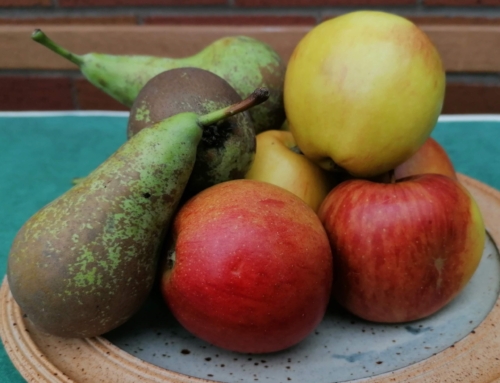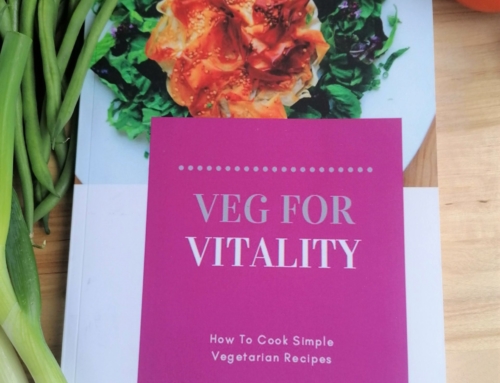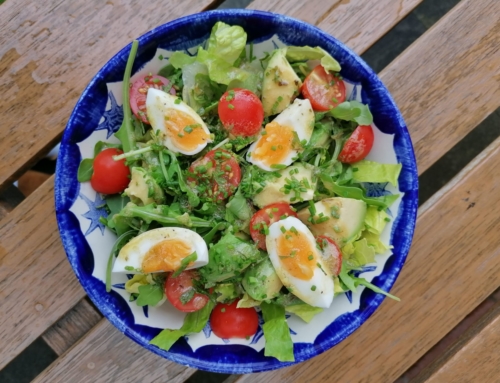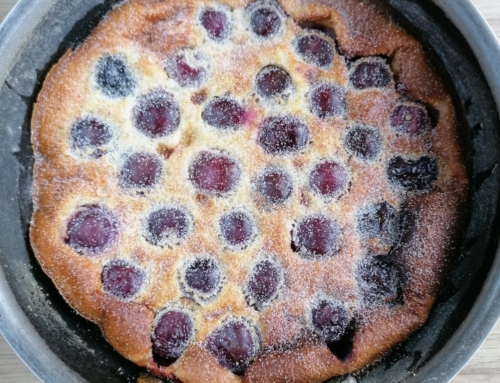If you’re on a diet, you may be counting calories. Maybe it’s something you’ve done for a while, or maybe you’ve just started. I want you to realise that it is not only about the number of calories you put into your body, but the quality and nutritional value of food which is just as important.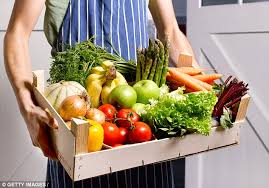
Calories are units of energy required to raise a kilo of water by 1 degree Celsius. 1000 calories = 1kcal = the energy it takes to raise 1kg water by 1 degree C.
Calories do not take into account the nutritional qualities of foods, only the amount of energy they produce, so while your body uses calories to function, if the food you are eating is nutritionally poor, then your body will struggle to stay healthy and repair itself.
For example, 100 calories of kale gives all sorts of nutrients, whereas 100 calories of pasta or cake gives practically nothing. If you’re counting calories and your diet is nutritionally poor, you can be skinny and malnourished.
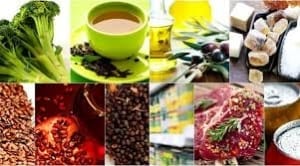 The average daily calorie intake for women is 2000 and for men 2500. This varies depending on how active a person is. Someone who does a lot of physical exercise or a heavy manual job will need more calories than someone who spends a lot of time watching television. However our bodies all need calories to keep our bodies functioning – breathing, heart beating, digestion etc. not just moving around.
The average daily calorie intake for women is 2000 and for men 2500. This varies depending on how active a person is. Someone who does a lot of physical exercise or a heavy manual job will need more calories than someone who spends a lot of time watching television. However our bodies all need calories to keep our bodies functioning – breathing, heart beating, digestion etc. not just moving around.
It’s useful to know how many calories on average you’re consuming per day or per week if you’re trying to lose weight. You can be very accurate in the amount you eat, but if you’re not into strict calorie counting, allow approx. 500 calories per main course. for example: 500 calories = for breakfast, 2 thick slices of bread with butter and jam. Lunch baked potato with tuna mayo. Dinner Shepherd’s pie. That is before accompaniments – approx. 100 calories each! Then snacks for example: chocolate bar 260cals/50g, can of cola 135cals. piece of cake 300 cals. A 120ml glass of wine—white is 77 cals, red is 80. A pint of lager is 165 cals. 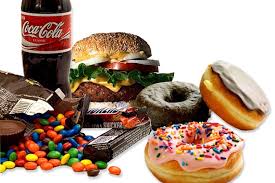
One way to discover if you’re eating too much is to make a list of all the things you eat in a day, and add all the calories up and balance it against the average daily intake for a man or woman, add a bit on if you’re really active and anything over and above will be stored as fat. All food eaten, if there is too much of it is stored as fat by the body, depending on whether it is a carb, protein or fat will determine how quickly it is converted and stored.
The main thing to ensure if you’re following a calorie controlled diet is the quality of food that you’re eating because if you are restricting the amount of nutrients through your food choices, your body will struggle to repair and stay healthy. How many colds or aches and pains do you get in a year?
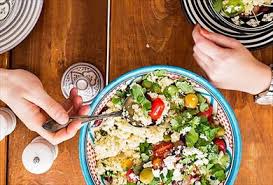
Next time BMI & BMR explained.


